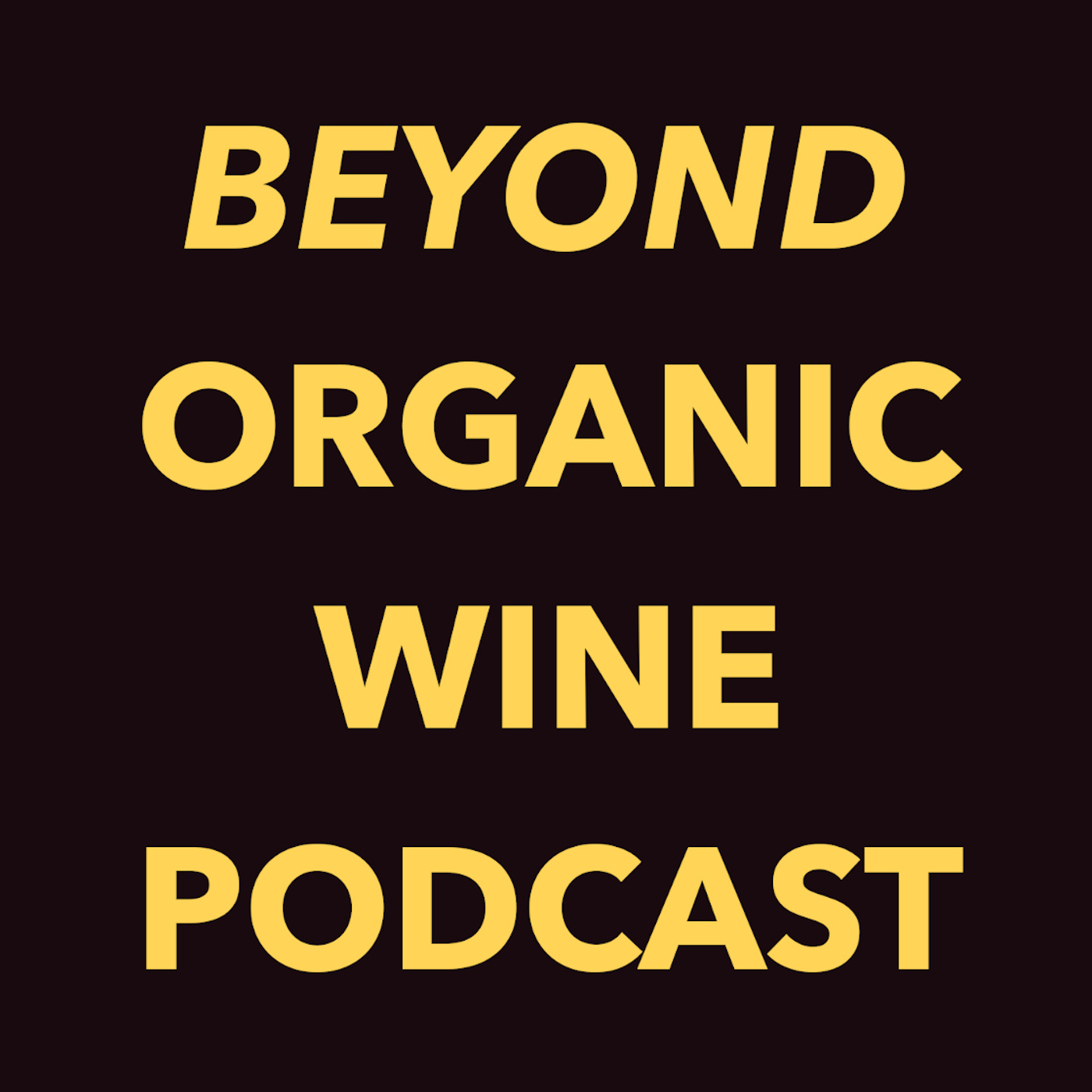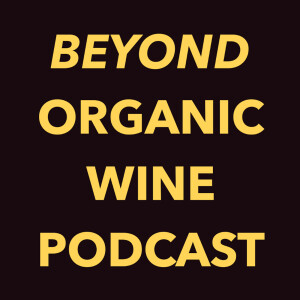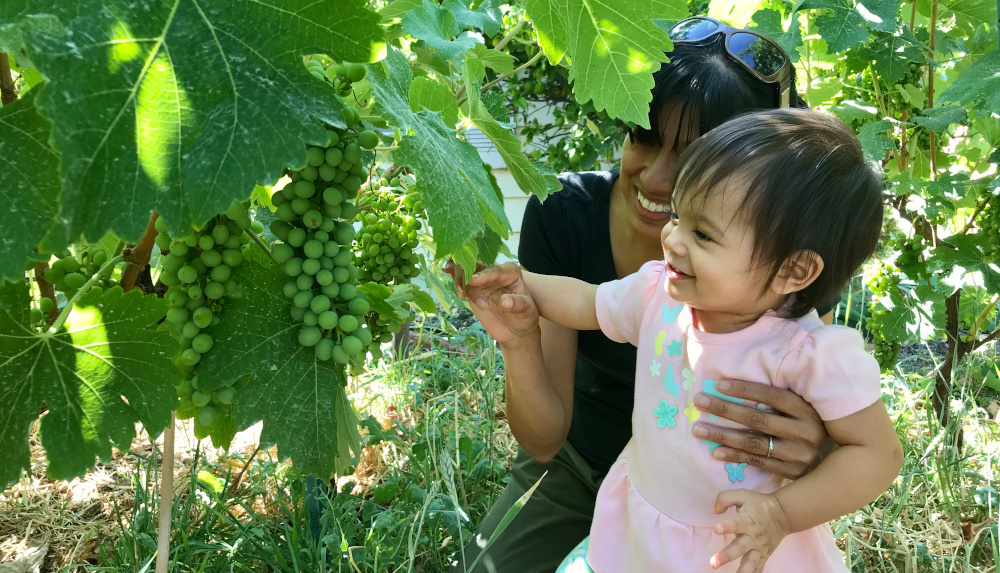
191.1K
Downloads
200
Episodes
Organic Wine is the gateway to explore the entire wine industry - from soil to sommeliers - from a revolutionary ecological perspective. Deep interviews discussing big ideas with some of the most intriguing people on the cutting edge of the regenerative renaissance, about where wine comes from and where it is going.
Episodes

Monday Sep 04, 2023
Monday Sep 04, 2023
My guest for this episode is Mireia Pujol-Busquets, and she’s breeding the future of Catalonian grapes at her family’s estate vineyard just outside of Barcelona, Spain, called Alta Alella.
27% of the organic vineyards globally are in Spain, making Spain the country with the most organic vineyards in the world, by area. Mireia grew up on a vineyard that was organic from its inception in 1991, but she wanted to go her own way and follow her fascination with science. So instead of viticulture and oenology, she studied Biology at university, and then had two unique experiences working with agriculture in Thailand and Switzerland.
In Switzerland she got introduced to resistant hybrid grapes, piwis, and saw that if grapevines were allowed to reproduce sexually, instead of through cloning, they could evolve and adapt to the changes of nature. In contrast to the traditional vinifera grapes that her family grew organically – that needed to be constantly sprayed with copper and sulfur – she saw that grapes could be bred to need no sprays at all. As she looked to the legacy and the land that she would leave not only her children, but generations to come, she realized she needed to start the process of making viticulture something that improved the land, and as a farmer she saw the increasing need for more resistant and resilient vines that could survive in a rapidly more extreme climate.
So Mireia has started a project to breed the traditional vinifera varieties of Catalonia to produce resistant varieties that preserve the culture of her land, but that can be farmed without sprays of any kind, and that can withstand the increasingly extreme weather conditions. Her project is called the Resistant and Autochthonous Varieties Adapted to Climate Change (VRIAACC, acronym in Spanish). With resistant varieties of grapes and the elimination of the need to spray, she will reduce compaction, reduce emissions, create a healthier environment for humans and animals working in and around the vineyard, and reduce losses due to fungal infestations.
Support this episode by subscribing via patreon.
Sponsors:

No comments yet. Be the first to say something!